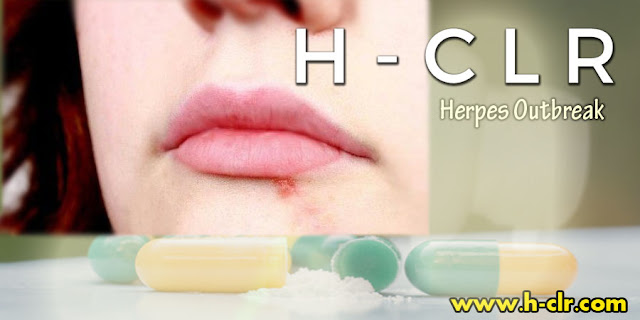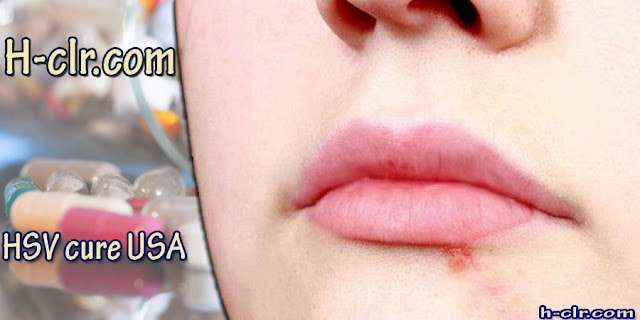Everything you need to know about herpes
Genital herpes is the infection that
affects the genital and surrounding areas such as inside of thighs, buttocks
and anus — genital herpes caused by a simplex type-1 virus in people within 25
years old. Simplex type-2 virus infects the people above 25 years old. The
virus generally infects the mucous membranes and the skin in human beings.
Through contact with blisters, herpes
virus got spread, but people with herpes can spread the virus without a
blister. Once the virus infects you, it remains in your body, which is called Herpes
Outbreak. However, there are cases when people are not aware of the
herpes infection in their body.
Symptoms
of genital herpes
·
Painful
or itchy blisters on vulva, vagina, penis, cervix, anus and butt.
·
Trouble
in peeing.
·
Severe
pain around genitals.
·
Swelling
and sores in genitals.
·
Headache.
·
Fever
and chills.
·
Feeling
tired.
·
Swollen
glands in the throat, underarms and pelvic area.
These are the common symptoms and signs of
genital herpes; it can damage your immune system if it lasts longer in the
body.
Diagnosis
During a herpes outbreak, the virus is
identified by taking a sample from the infected area. In some cases, a blood
test can assist in diagnosing the disease. The spread of the infection is most
likely to worsen in the presence of moist blister. Genital herpes can be spread
through genital contact without the presence of blister also. You should be
aware of the common symptoms of genital herpes, so that, you get the virus
diagnosed at the initial stage.
Though certain antiviral therapies are
incorporated to eradicate the herpes virus, individuals need to take certain
preventives to prevent the infection. The treatment is effective at the initial
stage of the initiation stage. Herpes Cure becomes painful at an
advanced stage, so it is essential to avoid further infection.




Comments
Post a Comment